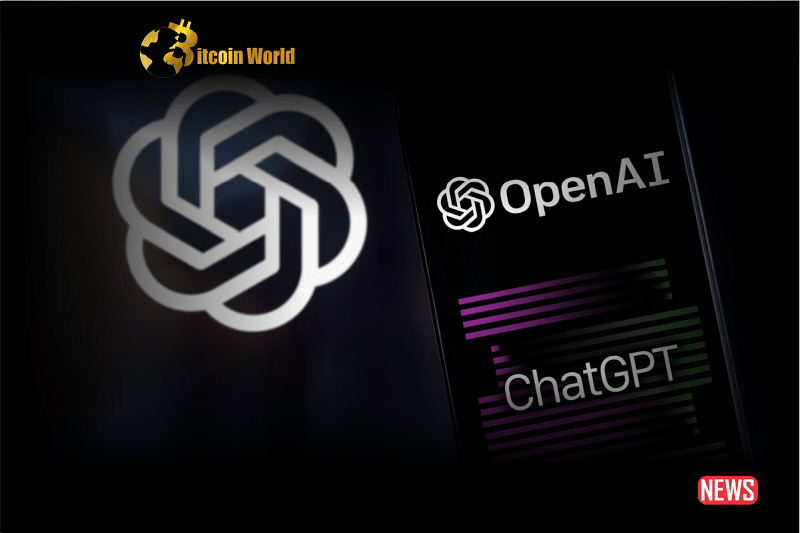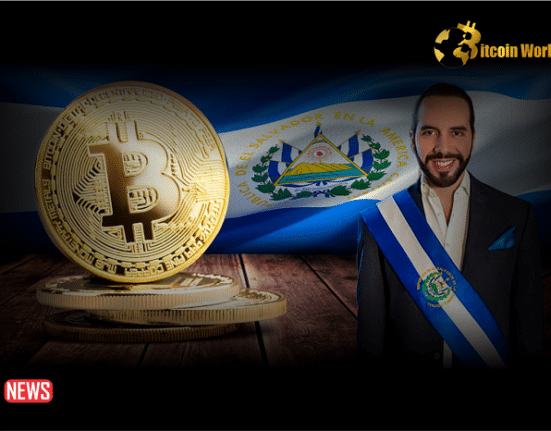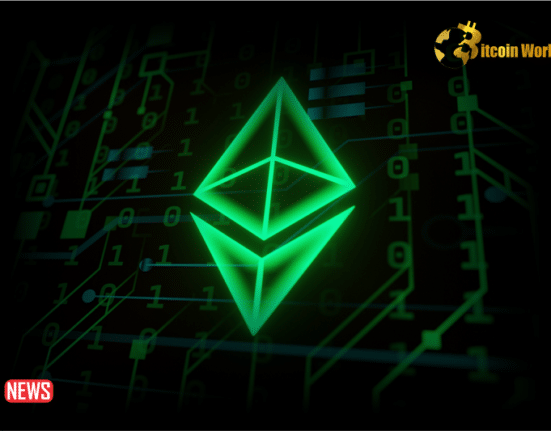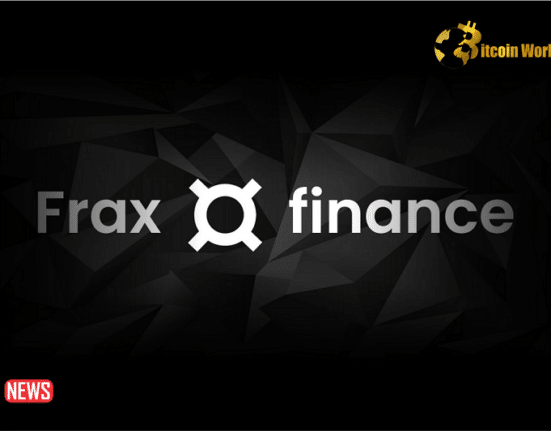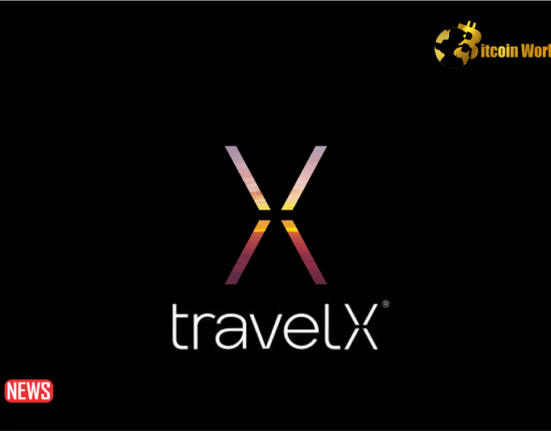In the dynamic landscape of the digital world, OpenAI stands at the forefront of innovation, actively promoting the seamless integration of artificial intelligence (AI) into content moderation processes. This strategic move underscores the organization’s commitment to optimizing operational efficiency within social media platforms, revolutionizing the handling of intricate tasks.
The cornerstone of OpenAI’s endeavour is its latest creation, the GPT-4 AI model, a technological marvel with the potential to reshape the realm of content moderation. By harnessing the power of AI, OpenAI aims to compress the timeline of content moderation efforts, transmuting what used to take months into a matter of hours. The outcome? A paradigm shift towards enhanced consistency in content categorization, ensuring safer digital spaces.
The colossal challenge of content moderation is particularly evident in the realm of social media giants like Meta, the parent company of Facebook. Navigating the intricate web of global moderators to thwart the dissemination of explicit and violent content presents an ever-present obstacle. This uphill battle is further exacerbated by traditional content moderation methods’ plodding pace, which puts undue strain on human moderators.
OpenAI’s groundbreaking system, however, offers a ray of hope. The prowess of their GPT-4 AI model translates into the expeditious formulation and customization of content policies. The transformation is astounding: once measured in months, timelines are condensed to mere hours. This leap forward augments efficiency and lightens the mental burden on human moderators.
OpenAI’s success lies in its proficiency with large language models (LLMs). GPT-4’s remarkable abilities position it as an indispensable tool for content moderation. Armed with policy guidelines, GPT-4 can autonomously make decisions, ensuring adherence to content standards. Moreover, the predictive capabilities of ChatGPT-4 pave the way for enhanced content moderation across various facets – from label consistency to rapid feedback loops, all while easing cognitive strain on human moderators.
OpenAI remains unrelenting in its pursuit of perfection. The organization’s commitment to bolstering GPT-4’s prediction accuracy is palpable. The exploration encompasses a spectrum of advancements, from chain-of-thought reasoning to self-critique mechanisms. Drawing inspiration from constitutional AI, OpenAI delves into uncharted territories, striving to pinpoint unfamiliar risks.
The overarching goal of OpenAI’s initiative is to equip their models to identify potential harm based on expansive harm definitions. The insights garnered from these undertakings are poised to reshape existing content policies and give rise to novel strategies in hitherto unexplored risk domains.
On the 15th of August, OpenAI’s CEO, Sam Altman, unequivocally stated the organization’s stance on not leveraging user-generated data for training their AI models. This declaration underscores OpenAI’s commitment to ethical AI development, assuring users that their data privacy remains a top priority.
OpenAI’s GPT-4 AI model emerges as a game-changer, revolutionizing content moderation in social media landscapes. With swift content categorization, cognitive relief for moderators, and ethical AI principles, OpenAI sets the stage for a safer and more efficient digital ecosystem.

